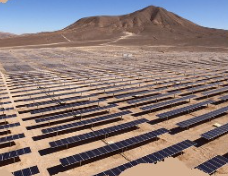The proposed solution involves the development of an advanced Fire Retardant Apparatus (FRA) alongside an experimental protocol rooted in fire science. This approach allows for the testing of the effectiveness of chemical retardants under controlled conditions tailored to national realities. The test results will provide data to be extrapolated using a newly developed methodology. This will enable the assessment of these products’ performance in real fire scenarios, offering actionable recommendations to public and private stakeholders to improve wildfire management.
The project will develop an experimental protocol to standardize and ensure the reproducibility of the proposed methodology. This protocol will include:
Testing under continuous ignition conditions (thermal radiation) and discontinuous ignition conditions (firebrands).
Characterization and standardization of typical native forest species and the application conditions for various retardant types (Long-Term Retardants - LTR, Short-Term Retardants - STR, and water enhancers).
The development will integrate theories of ignition and flame propagation, error analysis, and an experimental design that enables adequate trial descriptions and facilitates extrapolation to real-scale scenarios.
As part of the work, a modular experimental apparatus will be fabricated to certify chemical retardants under diverse conditions. A methodology will also be designed to analyze results and scale them to real conditions, grounded in theoretical principles, dimensional analysis, and numerical simulations. This methodology aims to predict the behavior of real fuels with and without retardants.







